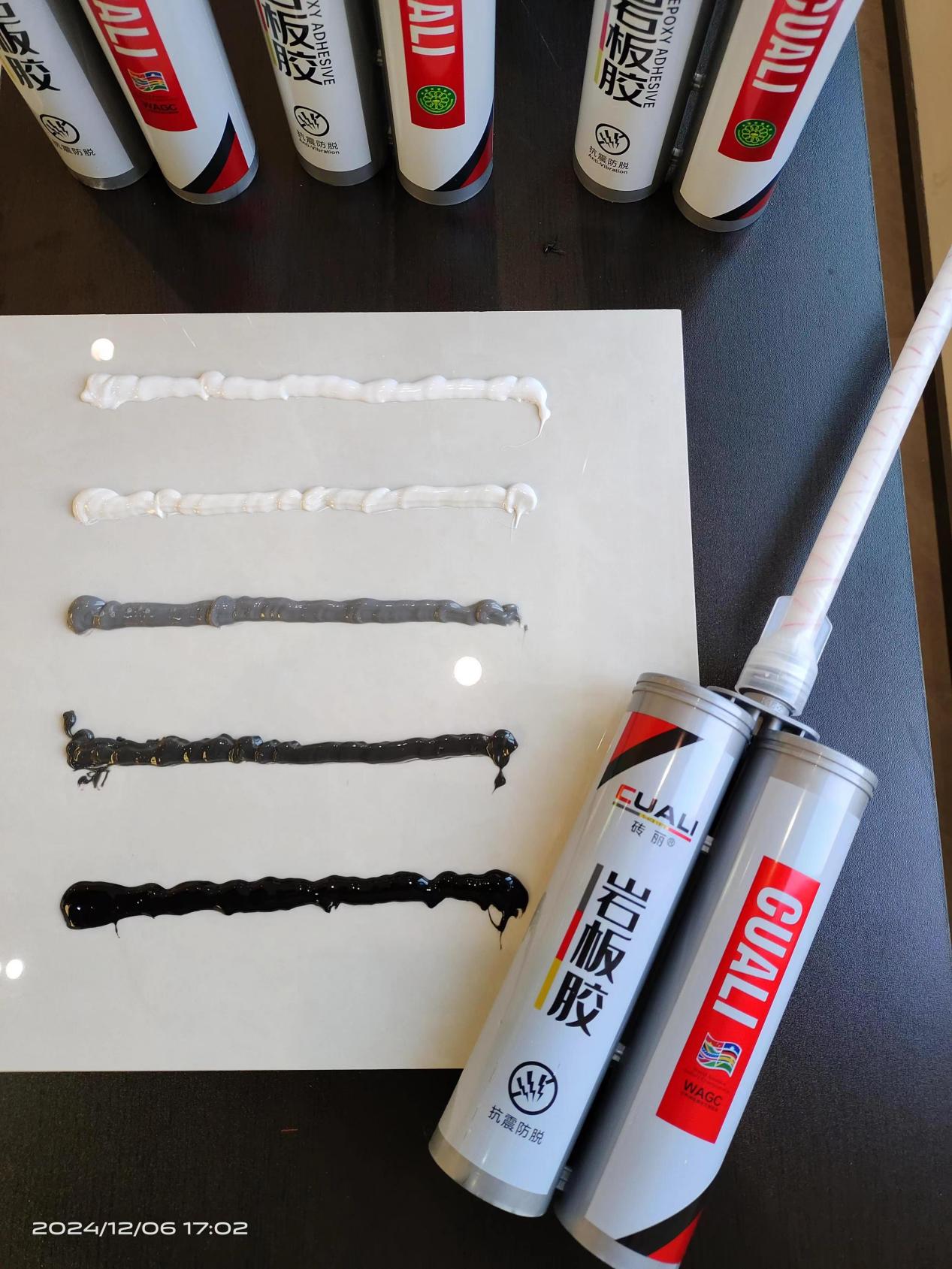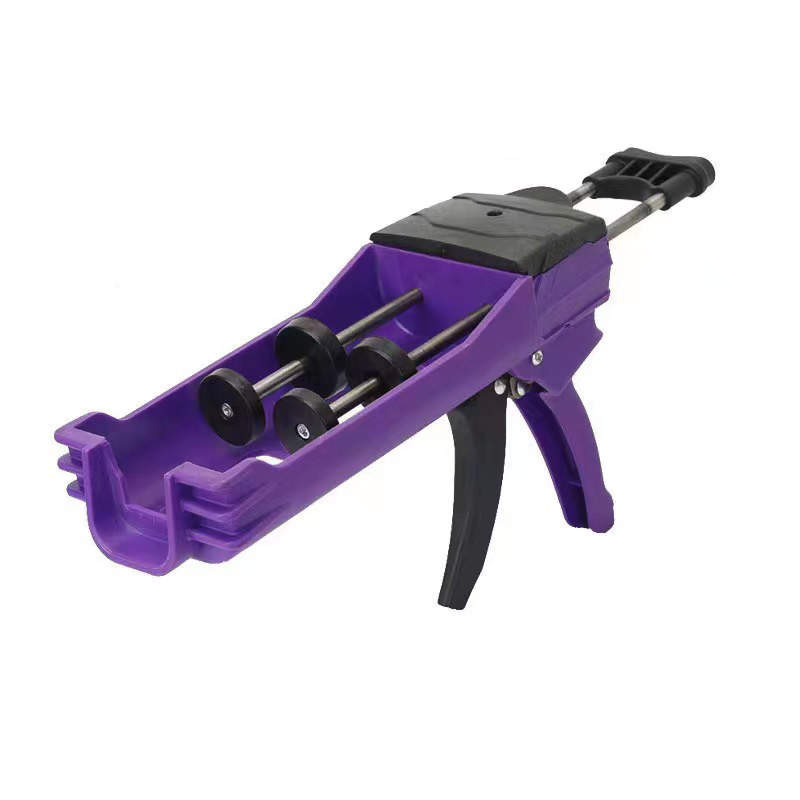
What is Epoxy Adhesive? A Comprehensive Guide
What is Epoxy Adhesive?
Epoxy adhesive is a type of polymer material that consists of two components: a epoxy resin and a hardener. When these two components are mixed together, they undergo a chemical reaction that results in a strong, durable bond. Epoxy adhesives are known for their impressive strength, resistance to chemicals, and ability to adhere to a wide variety of surfaces, making them one of the most versatile adhesives available in the market.
Composition of Epoxy Adhesive
The two primary components of epoxy adhesives are:
Resin: The resin is the main bonding agent and provides the adhesive's structural integrity. It is the component responsible for the adhesive's viscosity and flow characteristics.
Hardener: The hardener, also known as a curing agent, initiates the chemical reaction that hardens the resin. Different types of hardeners can influence the curing time and the final properties of the adhesive.
This combination results in an epoxy adhesive that can achieve high tensile strength, making it ideal for demanding applications.

Types of Epoxy Adhesives
Epoxy adhesives come in various formulations suited for different applications. Some common types include:
Standard Epoxy Adhesive: Used for general applications, providing a strong bond for metals, plastics, and wood.
Flexible Epoxy Adhesive: Designed to withstand movement and stress, making it ideal for applications where flexibility is required.
High-Temperature Epoxy Adhesive: Formulated to resist high temperatures, suitable for automotive and aerospace applications.
Low-Viscosity Epoxy Adhesive: This type penetrates surfaces better, ideal for bonding porous materials.
Applications of Epoxy Adhesive
Epoxy adhesives have a wide range of applications across various industries, including:
Construction: Used for bonding structural components, repairs, and anchoring.
Automotive: Ideal for bonding metal components, fixing cracks, and assembling parts.
Aerospace: Utilized for bonding parts that require high strength and temperature resistance.
Electronics: Used in circuit board assembly and component bonding.
Marine: Suitable for repairing boats and bonding materials exposed to water.
Sanitary Manufacturing: Perfect for marble, slabs bonding, high boning strength.

Advantages of Using Epoxy Adhesive
Using epoxy adhesive offers several benefits:
High Strength: Epoxy adhesives provide exceptional tensile and shear strength, making them suitable for heavy-duty applications.
Chemical Resistance: They resist various chemicals, including solvents and oils, making them ideal for industrial applications.
Versatility: Epoxy adhesives can bond different materials, including metal, wood, glass, and plastics.
Durability: Once cured, epoxy adhesives create a long-lasting bond that can withstand environmental factors.
Low Shrinkage: Epoxy adhesives have low shrinkage during curing, ensuring a precise bond.
How to Use Epoxy Adhesive
Using epoxy adhesive effectively requires a few essential steps:
Surface Preparation: Clean the surfaces to remove dirt, grease, and contaminants. Roughening the surfaces can improve adhesion.
Mixing: Follow the manufacturer's instructions for the correct mixing ratio of resin and hardener. Use a clean, disposable container for mixing.
Application: Apply the mixed epoxy adhesive evenly to one of the surfaces. Use a spatula or brush for a smooth finish.
Clamping: Join the surfaces and apply clamping pressure to ensure a solid bond. The clamping time will depend on the specific epoxy adhesive used.
Curing: Allow the adhesive to cure for the recommended time. This can range from a few hours to several days, depending on the formulation and conditions.

Tips for Successful Bonding with Epoxy Adhesive
Temperature: Ensure that the working environment is within the recommended temperature range for optimal curing.
Safety Precautions: Always wear gloves and work in a well-ventilated area when using epoxy adhesives, as fumes can be harmful.
Testing: For critical applications, conduct a small test bond to verify the suitability of the epoxy adhesive for your materials.
Storage: Store unused epoxy adhesives in a cool, dry place. Ensure that the containers are tightly sealed to prevent curing.
Epoxy adhesive stands out as a powerful bonding solution across various applications. Its high strength, versatility, and resistance to environmental factors make it an ideal choice for both professionals and DIY enthusiasts. By understanding its composition, applications, and best practices, you can effectively utilize epoxy adhesive in your projects, achieving strong and durable results.
Whether you're in construction, automotive, or simply tackling a home repair project, epoxy adhesive is a tool that can significantly enhance your work. With its many formulations and types available, there's an epoxy adhesive suitable for virtually any bonding challenge you may face.
By incorporating epoxy adhesive into your toolkit, you’re equipped to tackle a wide range of projects with confidence and precision.
Summary:
Epoxy adhesive has become a staple in various industries, from construction to automotive, due to its exceptional bonding capabilities. Understanding what epoxy adhesive is, its composition, applications, advantages, and tips for use can significantly enhance your projects' quality. This comprehensive guide delves into everything you need to know about epoxy adhesive.
Time:
2025-01-14
More News
